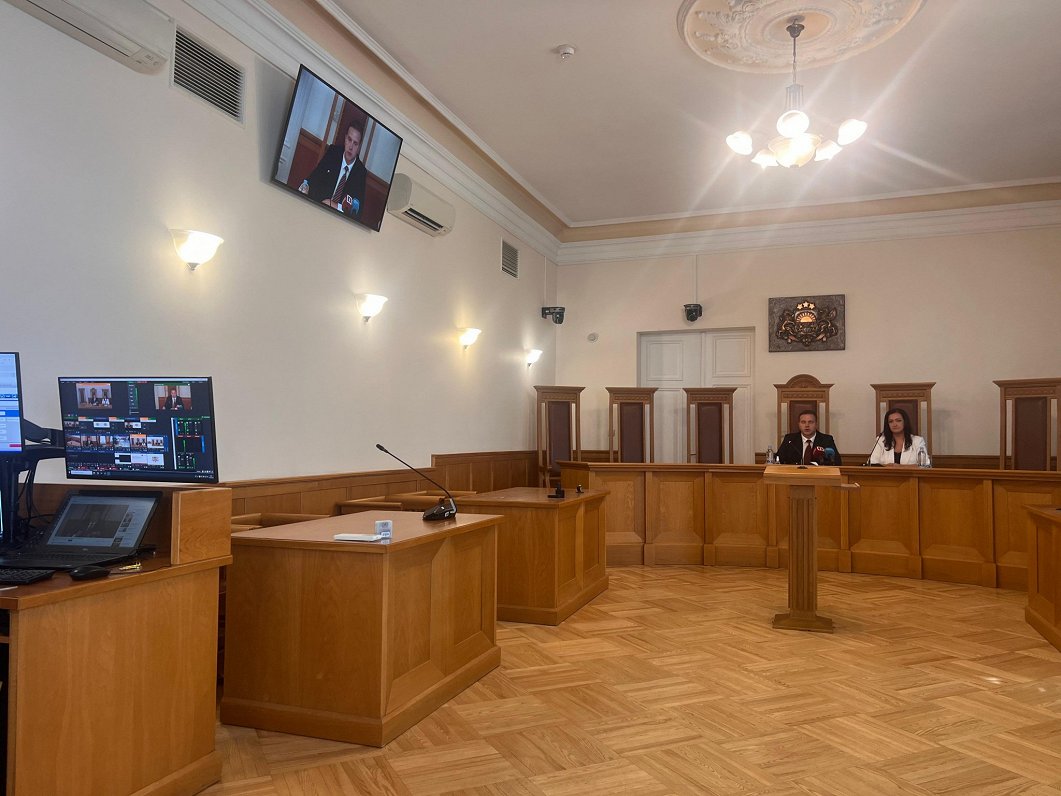The Court stressed that the State must promote and strengthen the use of the Latvian language at every level of education in order for it to be able to effectively fulfil the functions of a state language. The skills of the national language are essential for securing individual rights and building a cohesive society. Private educational institutions, on the other hand, have a wide margin of discretion to provide content related to minority identity, inter alia, in the framework of interest-based education.
The case originates from an application by Dana Džibuti and Dominiks Džibuti. The applicants are pupils "who identify themselves with national minorities living in Latvia, whose mother tongue is not the official language of Latvia but a minority language" - Russian - and "who study in a private educational institution in minority education programs at pre-school and primary education levels".
The applicants, represented by their parents in court, asked the ST to examine the amendments to the Education Law adopted in 2022, which also provide for teaching in the state language only in all schools including private schools. According to the applicants, the contested norms are unconstitutional.
The ST first stressed that the State must establish an education system capable of ensuring the standard of education set by the State, regardless of whether the education process takes place in public or private educational institutions.
Therefore, the State is obliged to apply the preschool education guidelines and the national general education standards to both public and private educational institutions and to recognize only education received in private educational institutions which meet these requirements.
The Court drew attention to the fact that the national language, along with its other social functions, also performs tasks of national importance, ensuring the functioning of the State and communication between the individual and the State. A person also needs to have an adequate knowledge of the national language in order to be able to participate in society. The development of a cohesive society is, inter alia, facilitated by the fact that all members of society are provided with a basis for communication, namely adequate knowledge of the national language, the ST stated.
The ST held that the State had ensured an appropriate balance between the promotion of the use of the official language and the right of pupils belonging to national minorities to quality education and the preservation and development of their identity and culture in private educational institutions at both pre-primary and primary education levels.
The ST's decision is final and not subject to appeal.

























